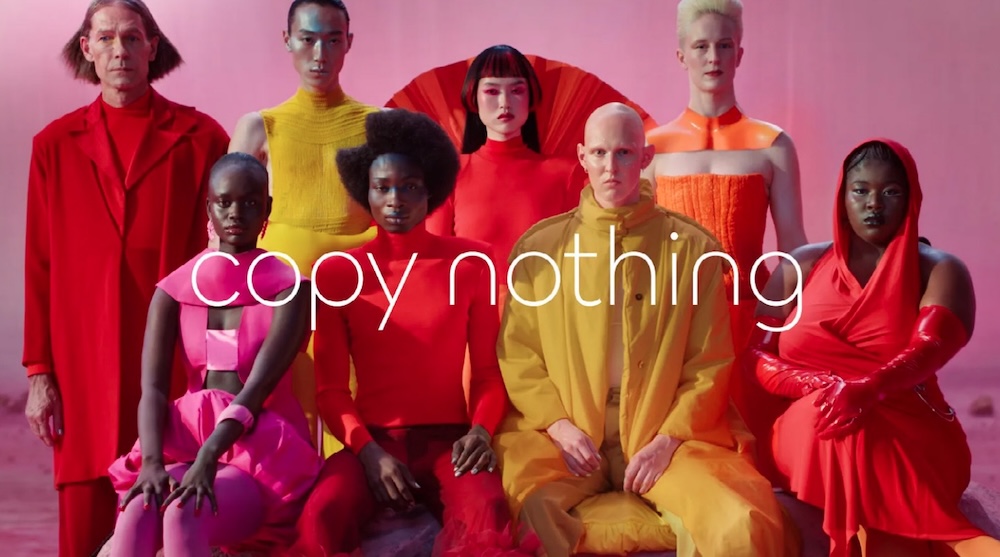În fiecare perioadă de criză apar schimbări în societate, mulți oameni au tot felul de epifanii, dar nu pentru că descoperă divinitatea, ci pentru că realizează că alergau după trenul greșit și apreciau chestii consumeriste ce nu le aduceau satisfacție în viață.
Coronavirus nu face excepție, și acum mulți au început să realizeze că vor vieți mai simple, că nu au nevoie de așa de multe lucruri în viața lor, că sunt importante și familia, relaxarea, pasiunile. Unii vor să se mute la casă, la țară, alții renunță la gadgeturile inutile din viața lor, alții sunt mai atenți cu banii, alții încep să cumpere de la producătorii locali. Philip Kotler îi zice post-consumerism.
When the COVID-19 crisis is over, Capitalism will have moved to a new stage. Consumers will be more thoughtful about what they consume and how much they need to consume. Here are possible developments:
Some weaker companies and brands will vanish. Consumers will have to find reliable and satisfying replacement brands.
The Coronavirus makes us aware of how fragile our health is. We can catch colds easily in crowds. We must stop shaking hands when we meet and greet. We need to eat more healthy foods to have a greater resistance to germs and flus.
We are shocked by the inadequacy of our health system and its great cost. We need to stay out of the hospital and play safe.
The sudden loss of jobs will remain a trauma even after workers get jobs back.They will spend and save their money more carefully.
Staying home led many consumers to become producers of their own food needs. More home cooking, more gardening to grow vegetables and herbs. Less eating out.
We place more value on the needs of our family, friends and community. We will use social media to urge our families and friends to choose good and healthy foods and buy more sensible clothing and other goods.
We will want brands will spell out their greater purpose and how each is serving the common good.
People will become more conscious of the fragility of the planet, of air and water pollution, of water shortages, and other problems.More people will seek to achieve a better balance between work, family and leisure. Many will move from an addiction to materialism to sensing other paths to a good life. They will move to post-consumerism.
O parte din cele de mai sus deja se întâmplă, în timpul stării de urgență vorbeam cu prietenii și îmi spuneau că au descoperit că pot trăi bine cu doar 30% din banii pe care îi cheltuiau înainte. Unii revin la vechile obiceiuri, dar mulți realizează că nu trebuie să muncească la fel de mult doar pentru a susține un stil de viață în care trebuie mereu să cumpărăm cel mai nou, cel mai bun, cel mai scump, doar pentru că așa ne zic reclamele.
Voi la ce ați putea să renunțați, fără să fiți afectați?





Mai nou cumpar mai multe produse second hand. Am cumparat de pe olx o plaza video, o trotineta, un ps3 pe care l-am modat, un ps1 modat (colectie), 2 prelungitoare APC noi (95 lei unul si pe emag e 135…). Merg si multe produse mai ieftine de la lidl gen sapun lichid, solutii pentru masina de spalat, spuma de ras, etc.
Inainte cumparam nou si scump cu ideea ca sunt mai bune. Dar alternativele enumerate mai sunt sunt mai ieftine si la fel de bune.
Depinde pentru ce folosești. Și eu am luat două trotinete second, că nu eram sigur dacă le voi folosi, și am platit prețul la jumătate. Sunt ok.